All ~と, ~とき and ~たら can be used for “when ~” but their meanings are quite different. This post explains when to use which one.
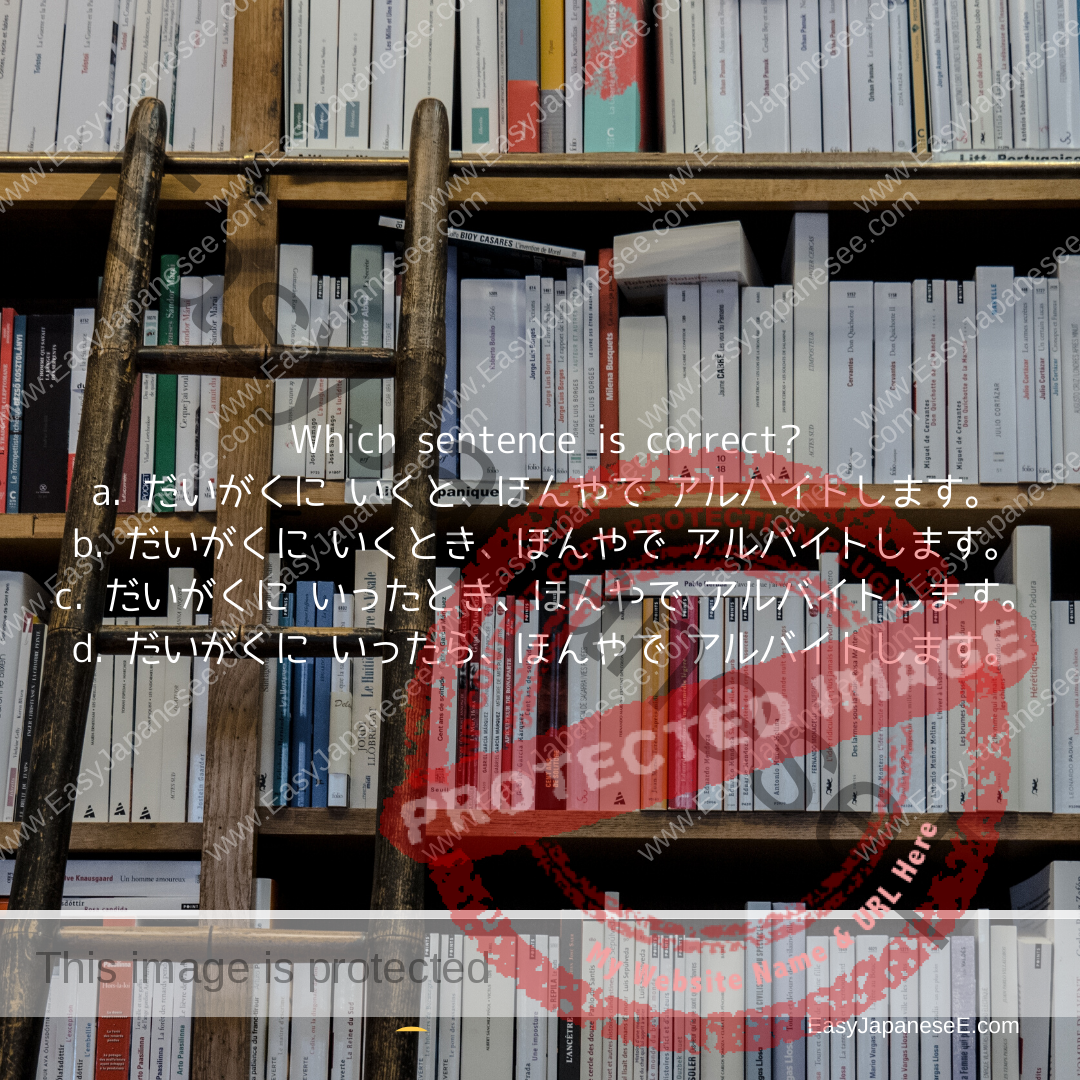

All ~と, ~とき and ~たら can be used for “when ~” but their meanings are quite different. This post explains when to use which one.
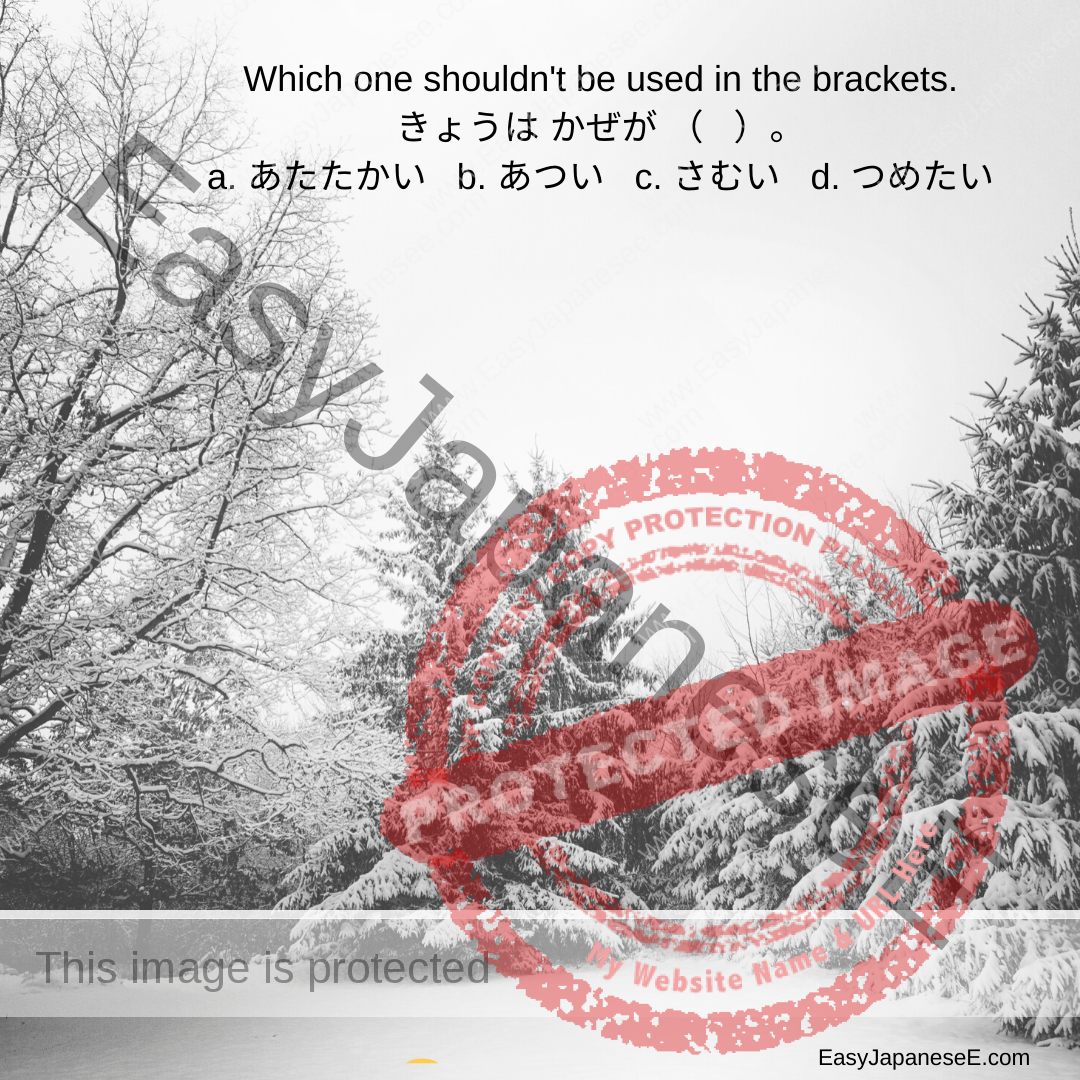
The English word “cold” needs to be distinguished between さむい and つめたい in Japanese. This post explains which to use when.
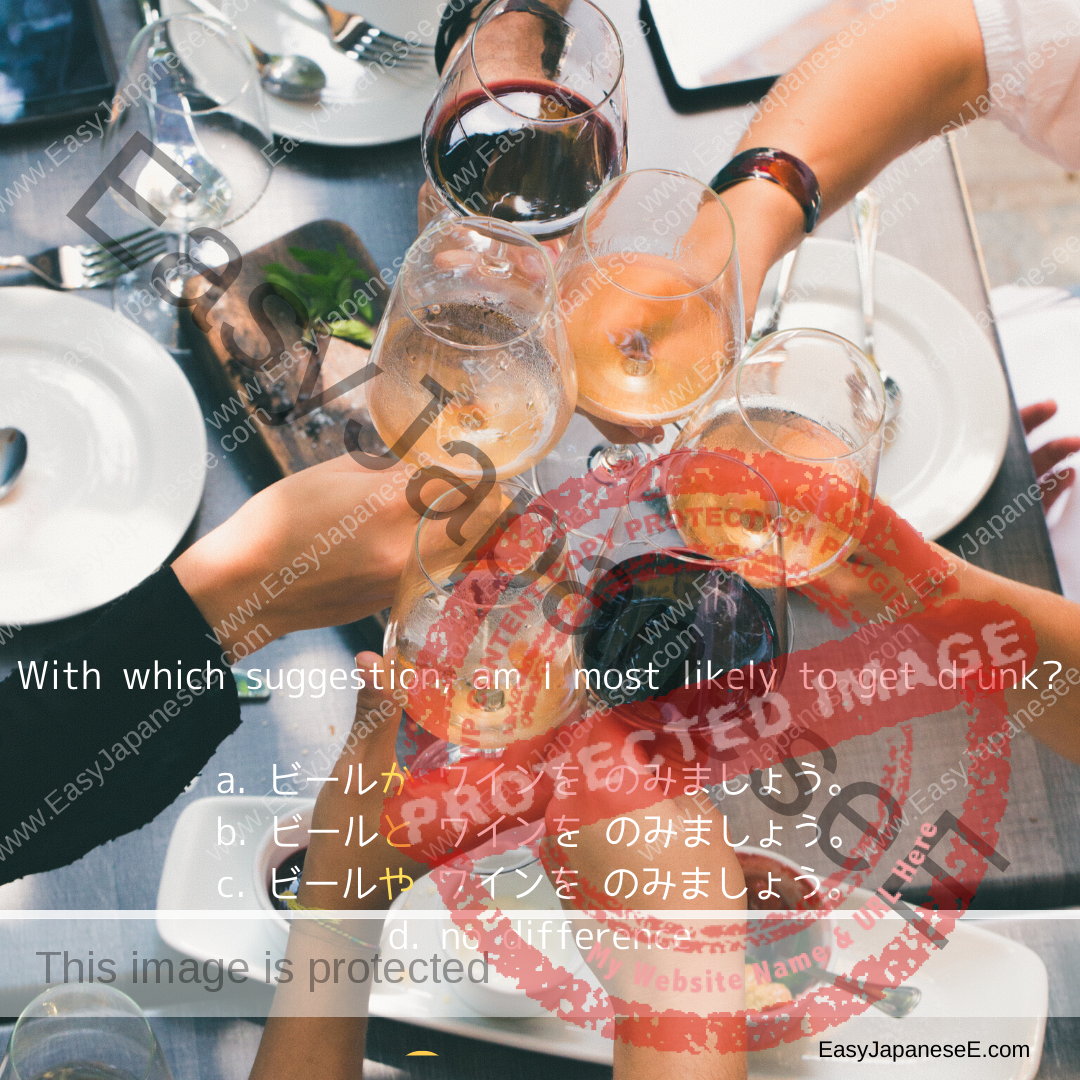
Particles are tricky. This post explains the difference among the particles か, と and や that are used for the English ‘and” or “or”.

Both 会う and 合う are read as あう and they look alike, so even Japanese native speakers sometimes make a mistake with these two. Check the difference here,
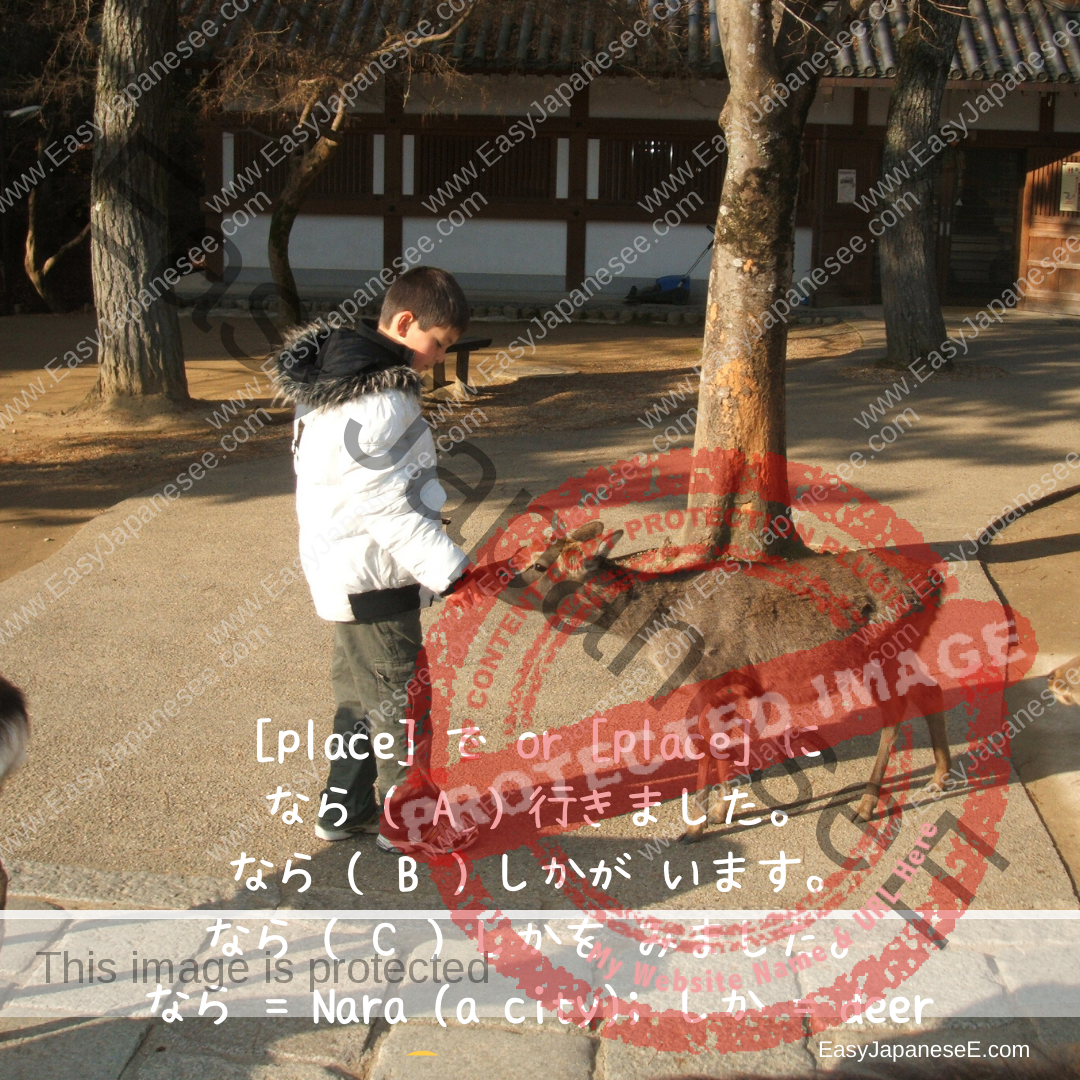
Particles are always tricky and many people have trouble telling between the place markers に and で. This post explains which to use when.
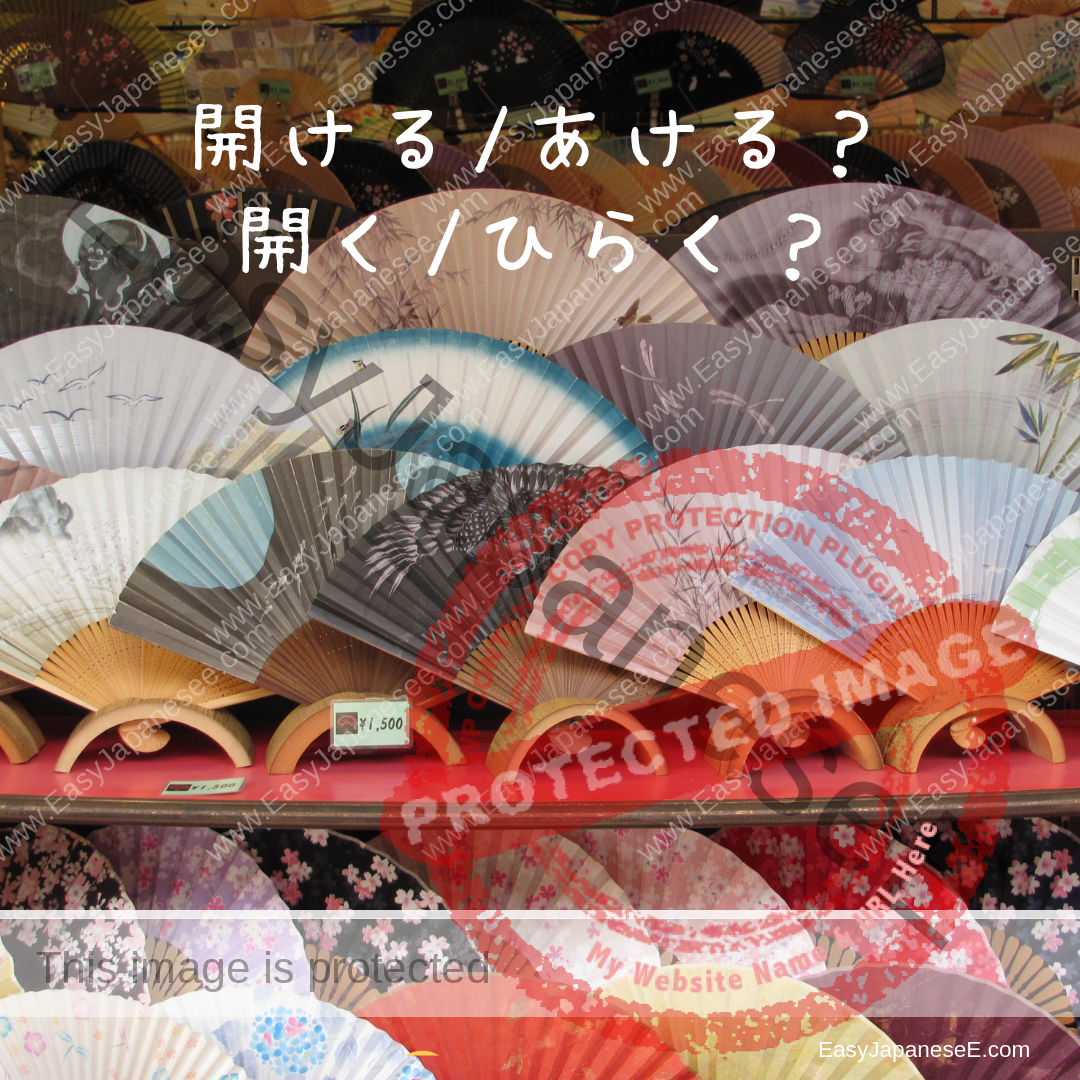
開ける(あける) vs 開く(ひらく) (A) 店(みせ)を開(あ)ける。 (B) 店(みせ)を開(ひら)く。 Both sentences are correct and both can be translated as “I open a…
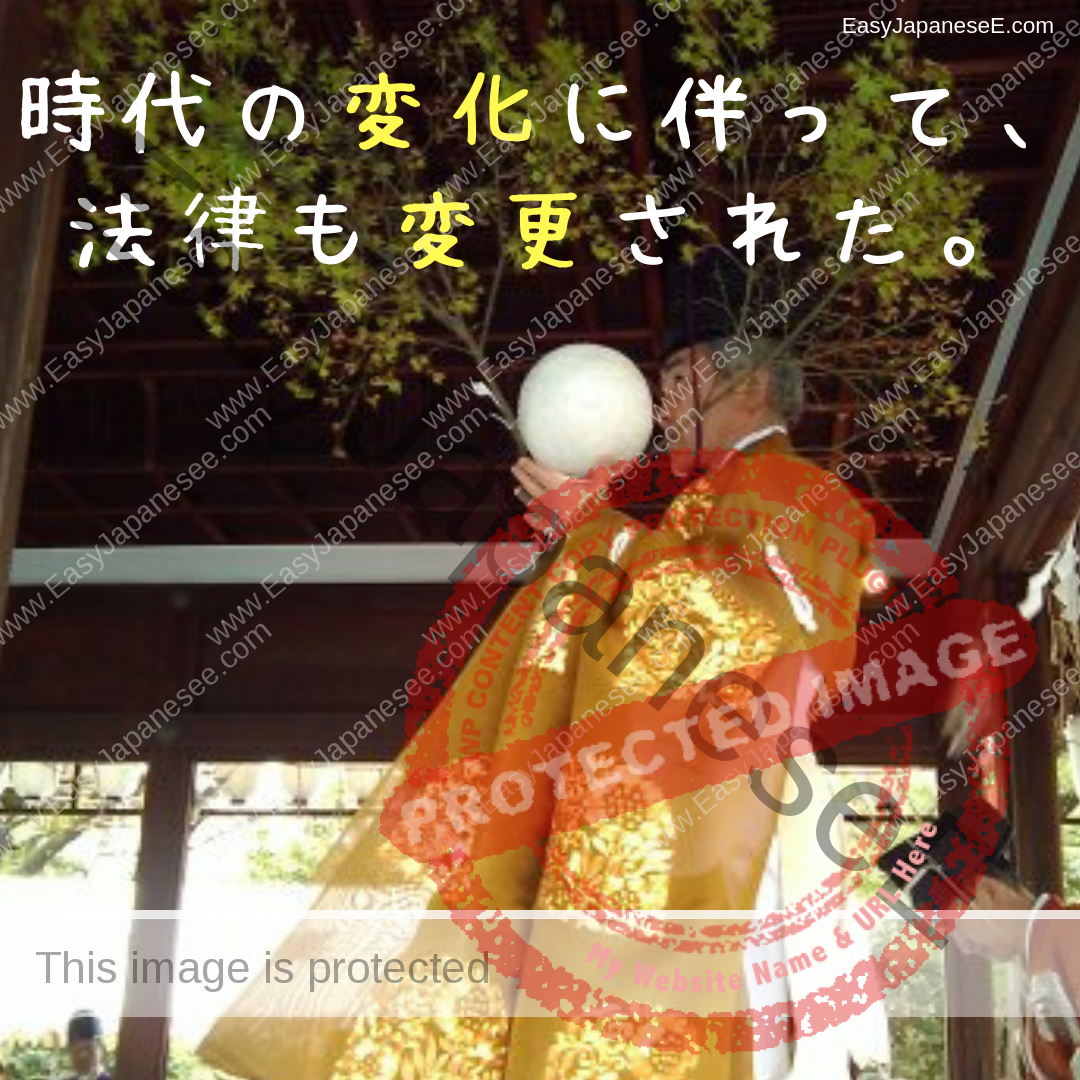
変化 and 変更 both means “change” and many people find it hard to differentiate the two. This post explains the difference and how they can be rephrased.
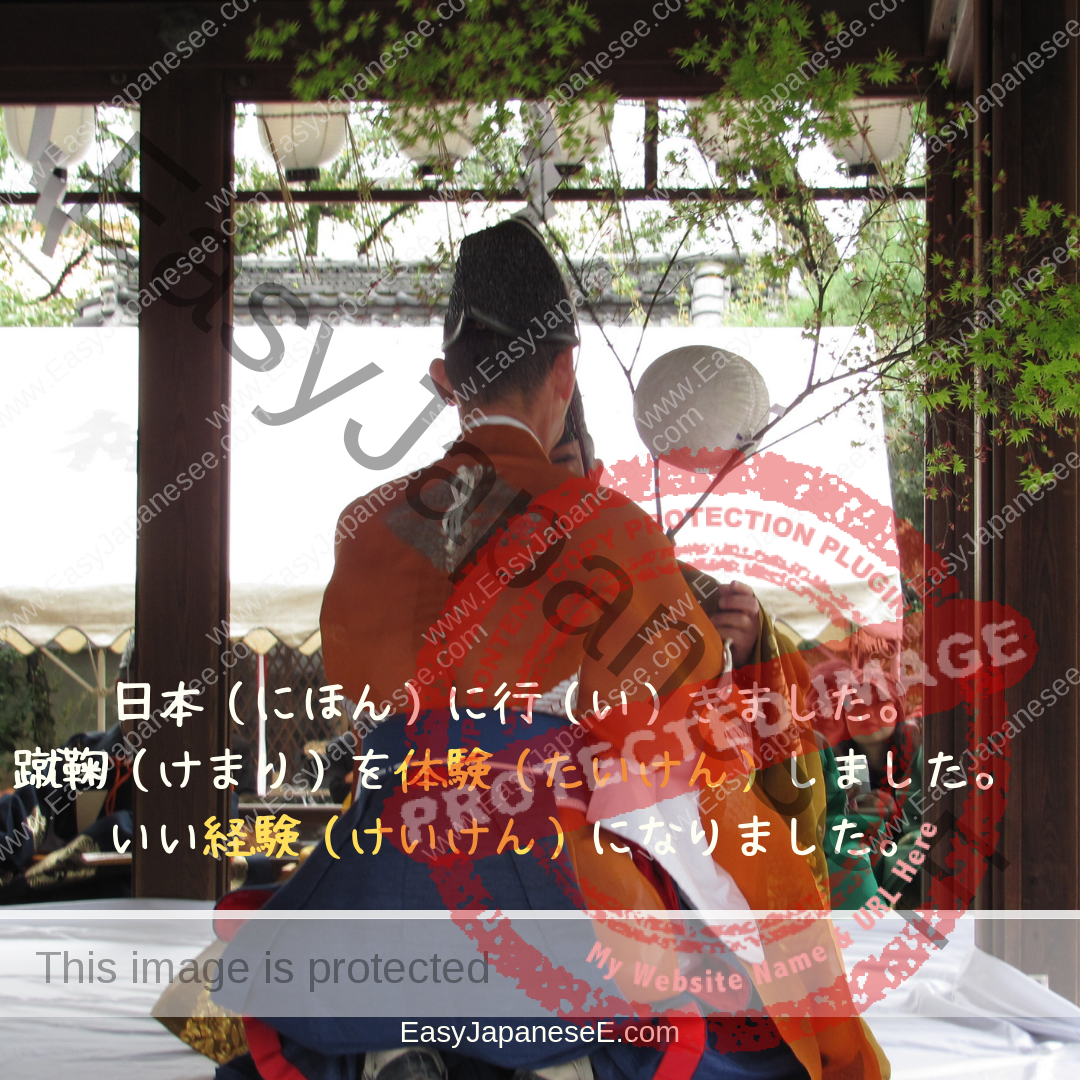
体験 and 経験 are both translated as “experience” in English, but they are not interchangeable. This post explains the difference and when to use which.

Both ~から and ~ので are used to add a reason or cause. The difference between the two is getting smaller but their nuances are not the same. Find out here.
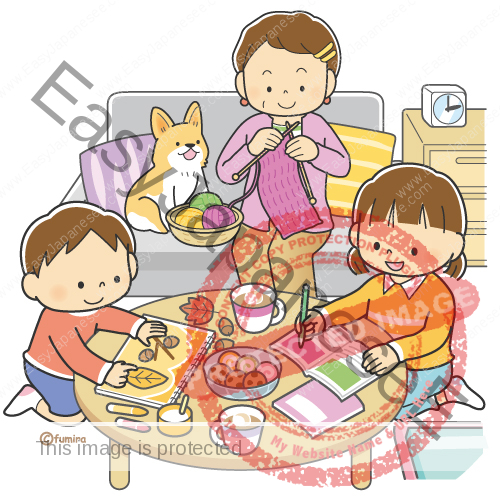
~らしい and ~みたい have a similar meaning but when they are used with a noun in front of it, the nuances are quite different. This post explains how.

ために and ように can both be translated as “in order to” but they are not always interchangeable. This post explains when to use which.

あります and います are both used in a sentence meaning, “there is/are ….” They are verbs to describe “existence.” This post explains when to use which.

~あいだに and ~うちに can both be translated as “while ~” but they are not always interchangeable. This post explains when to use which.
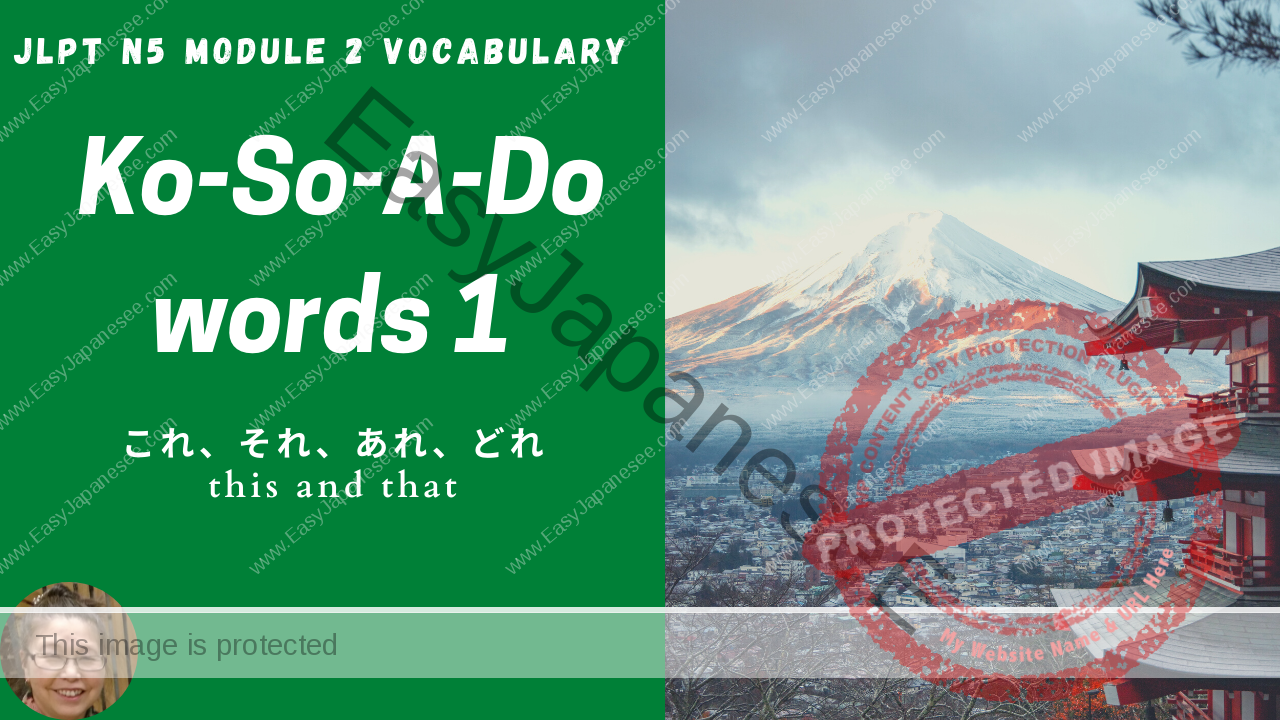
This post explains the difference between これ (a pronoun) and この (a prenoun adjectival – 連体詞/れんたいし). The same applies to それ and その, あれ and あの, etc.
